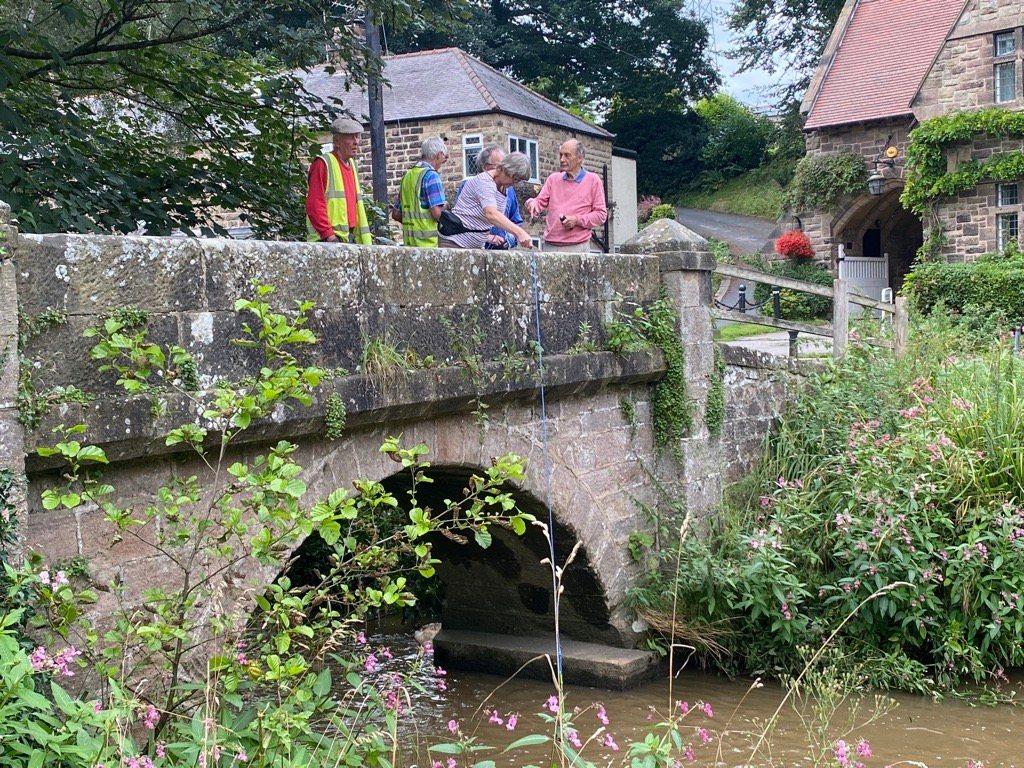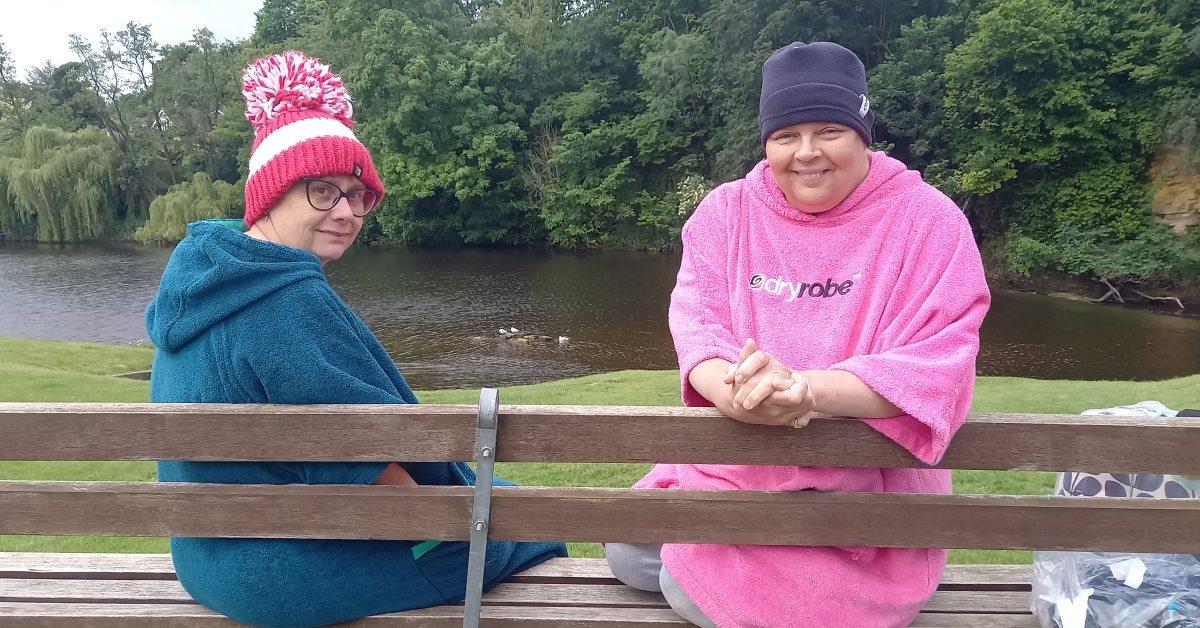02
Jul 2024
How important is the environment to local voters?

For some voters, there is nothing more important than protecting the environment.
Everything, they argue, depends on the natural world, so we should look after it. The logic is irrefutable – even climate-change deniers want healthy ecosystems – and yet most voters see other concerns as more pressing.
A YouGov survey at the end of May found that only 14% of people polled counted the environment and climate change among their three biggest concerns. A tiny 4% said it was the single most important issue – a figure dwarfed by those for the cost of living, health, the economy, and immigration.
But locally, the environment is arguably a hotter issue than it is in many other parts of the country, propelled into the front rank of election considerations by the abysmal state of our rivers.
Last summer, Nidd Action Group volunteers taking water samples from the River Nidd catchment found “extremely high levels” of E. coli, which can cause severe stomach cramps, vomiting and diarrhoea.

Nidd Action Group volunteers in action on Oak Beck.
The bacteria are found in the faeces of warm-blooded animals, and cattle are particularly prone to it. So the fact that some of the most polluted parts of the Nidd catchment were found to be tributary becks where there are no sewage outflows strongly suggested that farm run-off was a major contributory factor.
Nevertheless, because raw sewage is frequently pumped into the river after heavy rain, the blame was laid by many squarely at the door of Yorkshire Water, presumably because human faeces is seen as more objectionable than that of cattle.
At the Stray Ferret’s recent hustings in Harrogate, the parliamentary candidates were asked if they would let their children swim in the River Nidd.
Most of them focused their answers on the water industry. Reform UK’s John Swales and Green candidate Shan Oakes enjoyed a rare moment of harmony when both said the water companies should be publicly owned, not owned by foreign investors, as Yorkshire Water is.

The Stray Ferret hustings at Wesley Chapel in Harrogate.
Ms Oakes also called for more regulation not less, Labour’s Conrad Whitcroft called for new powers for Ofwat, and Lib Dem Tom Gordon, who would like to see Knaresborough Lido gain Blue Flag status, went further, saying Ofwat should be “ripped up”.
Independent Paul Haslam said he wouldn’t swim in the Nidd, but said that stopping the sewage discharges was “only 50% of the problem”.
Mr Haslam is one of the candidates closest to the issue, having given strong support to the Nidd Action Group, and even 'walking’ a beck to help assess its ecological state.
Fellow Nidd Action Group supporter Mr Jones blamed the Victorian sewerage system, but also pointed out other causes of pollution, and ultimately leaned heavily on his record of successfully pushing for bathing water status for the Nidd at Knaresborough – to sceptical grumbles from the audience.
Whatever their differences, they all, in effect, espouse variations on a theme: cleaning up the water and holding polluters to account.
Which should give David Clayden a reason to be cheerful. As chair of Nidd Action Group, he has long been pressing to raise the profile of the problem – efforts that have been successful, if the hustings answers are anything to go by. He said:
I feel that rather than additional laws or regulations, the focus should be on strengthening the effective regulation of water quality, especially waste water.
We need to keep our beautiful natural habitats as pristine as possible – for people and for the wildlife. This certainly involves improving the monitoring and better maintenance and development of water company assets, but also requires a collaborative approach with all stakeholders, including environmental and citizen science groups, to establish the sources of pollution and mitigate their effects by implementing changes catchment-wide.
Given the unanimity of purpose, if not method, displayed by the candidates, it’s hard to credit the YouGov polling figures quoted earlier. But perhaps Alison Grice-Holt and Helen Forster can shed some light on the matter.
They both care very much about the Nidd, but – unlike most of the candidates – they still swim in it. When the Stray Ferret spoke to them at Knaresborough Lido on a recent Sunday morning, they had just got out of the water after one of their regular dips. Helen said:
Going by my goosebumps, it'll be about 12 degrees in there. We're all a bit weird and bit odd, and do strange things.

Wild swimmers Helen Forster and Alison Grice-Holt after their Sunday morning swim at Knaresborough Lido.
Asked if they were concerned about pollution, Alison said:
It’s a problem, but it’s not going to stop us. It's not smelly here – this bit of the river is very free-flowing.
Asked why the sewage didn’t bother them, they recounted tales of seeing people being rescued from a choppy Windermere during last year’s Great North Swim, and jellyfish and salt-burns endured while on a charity relay swim across the English Channel. In other words, they had endured much in the name of wild swimming, and a dose of E. coli wasn’t going to deter them.
They are, of course, exceptions to the norm. Many people have stopped “messing about in the water” and those who still do tend to heed the advice given to Great Knaresborough Bed Race participants: keep your head above water and your mouth shut.
However high or low the environment ranks in voters' minds, the message to any new MP is clear, said David Clayden:
There is much work to be done to improve the health of humans in the Nidd, for example in enabling safe wild swimming at the Lido, and to improve wildlife habitats throughout the Nidd catchment.
I expect our new MP to acknowledge, resource and implement these improvements.
Until July 5 all stories relating to the General Election will be free to read. Please subscribe to the Stray Ferret to be able to read all our articles and support quality, local journalism. Click here. Thank you.
0